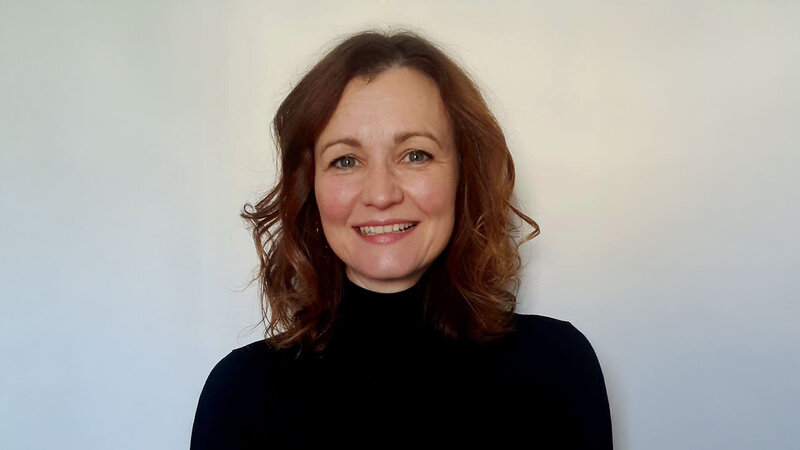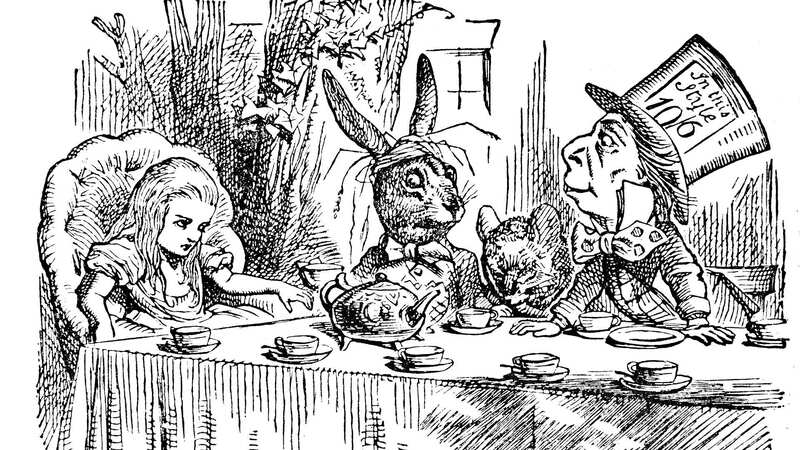You are viewing your 1 free article this month. Login to read more articles.
A place at the table
My experiences of getting into publishing as a working class outsider.
So, you love books, have just graduated and/or are wanting to start your career. Chances are you may be thinking about working in publishing. After all, what could be better than spending your days with books? You imagine walking into the colourful London offices of one of the Big Four, meeting authors for lunch and hosting book launch events. Excited by this idyllic vision, you hastily apply for mentoring schemes, work experience, and entry level jobs, only to be hit with a hefty train ticket to London, accommodation bills and frighteningly low wages. You start to wonder, "is publishing for me?"
This is something of the way my dream of publishing was almost shattered. As a working class graduate from the South West, my biggest immediate barrier was the fact that most positions also wanted specific publishing experience or proven publishing knowledge, and all work experience and internships were based in London, a large proportion of the former unpaid. I despaired. All those years of work… for nothing?
I did some research and applied for a Master’s degree to give me some contacts and industry knowledge. However, I was turned down for all available bursaries after interviews with rich men from fancy-sounding groups where I had to plead poverty in the classiest way possible, and prove why I, a person without money or connections, deserved a place at the table. An exposing experience to say the least.
Nevertheless, I persevered and did the MA part-time so I could work alongside it to cover my expenses. On top of this, I grabbed all the (unpaid) work experience I could and tried my best to make contacts, despite often having to sacrifice networking events for extra shifts to cover my mounting bills and debt from moving across the country.
I was burning myself out, and I wondered how anyone had managed to enter this industry. After countless conversations with (albeit very friendly) middle class women in floral dresses, the penny began to drop. Where were the working class gals? Then I looked at the wages. How would I ever be able to survive? How did anyone else?
Where were the working class gals? Then I looked at the wages. How would I ever be able to survive? How did anyone else?
The reality is that in publishing, a lot of people come from privileged backgrounds. They went to Oxbridge, or private school, or had contacts in the industry. When queried about the low wages in seminars, publishing professionals would say they married rich, or had a husband in tech.
I read an article in The Bookseller where working class publishing professionals described considering leaving the industry because of pay and a feeling of ostracisation. In one memorable seminar, a speaker told us, "they want you to mirror what they say, they want you to ‘fit in’ with everyone else". My lecturer softened the blow afterwards by protesting that not everyone was like that, but his words stayed with me. What kind of industry was I signing up for?
I got my first job in publishing the next year. I didn’t expect an interview, or a job offer, but to my surprise I was handing in my notice and heading to a publishing house the following week. My first week was intense. There was so much to learn and I already had a slight discomfort about the way my (immigrant) partner had been spoken to by the same company. That is a topic worth its own space – suffice to say, I wouldn’t have applied because of it, but publishing jobs are scarce and I desperately needed a steady wage. I just needed a foot in the door and more doors would soon open… right?
Once in the job, each team day consisted of expensive lunches and colleagues exclaiming over the discovery that they had gone to the same private school. While I liked my team and found most people in publishing lovely, I felt distinctly out of place. In the last working class publishing survey, one of the recurring phrases was feeling "like a duck out of water". I felt this first hand, and worried about the way I dressed, the words I used, and changed my accent to reflect those around me.
There was so much to learn and I already had a slight discomfort about the way my (immigrant) partner had been spoken to by the same company
My journey into publishing led to burn out and worsening of my mental health as a direct result of low pay, lack of connections, and having to move across the country and pursue an MA to get a foot in the door. Despite all this, I still work with books.
I may have to alter my accent and give away as little as possible about my background, but I still want to live my dream. The industry is slowly opening up; opening regional offices, increasing entry-level wages, and companies like The Book Trade Charity offering all kinds of financial assistance. There is the Class Festival shining a light on working class voices, and if publishing takes the next step to bring in a wider range of voices across the board, becomes more flexible about remote working, and raises pay across the board (not just at entry level), the industry can truly benefit from having employees that are from as diverse backgrounds as their audience are. I hope that the industry listens to the critique and continues to take real steps to create conditions that will lead to diversification of their workforce so that I, and others like me, can stay for the long-term.
If any working class publishing hopefuls are reading this right now, know that you always deserve a place at the table. The fact that you may have to work harder for the same result is a reflection of the industry, not of yourself or your capabilities. We need more diversity and more voices of dissent if we are ever going to achieve real change. Publishing cannot survive on ‘prestige’ alone – they need you. Saying that, don’t be afraid of the thought of leaving – a dream job is still just a job, and there is nothing wrong with wanting your pay to reflect your value.

















